
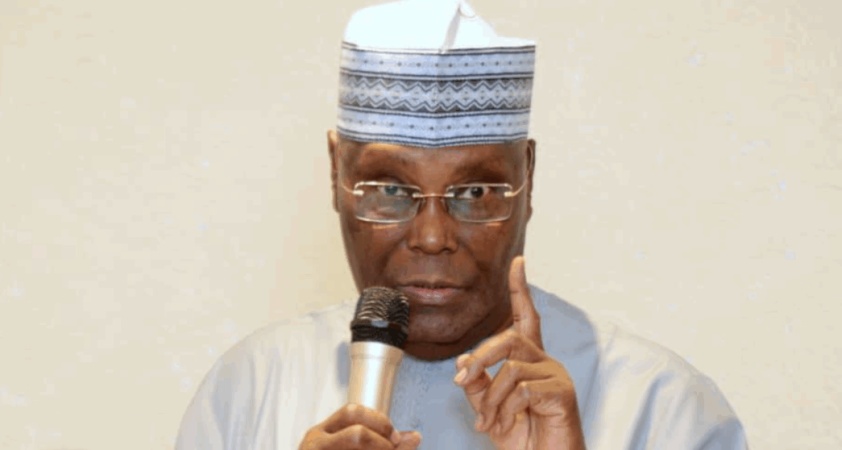





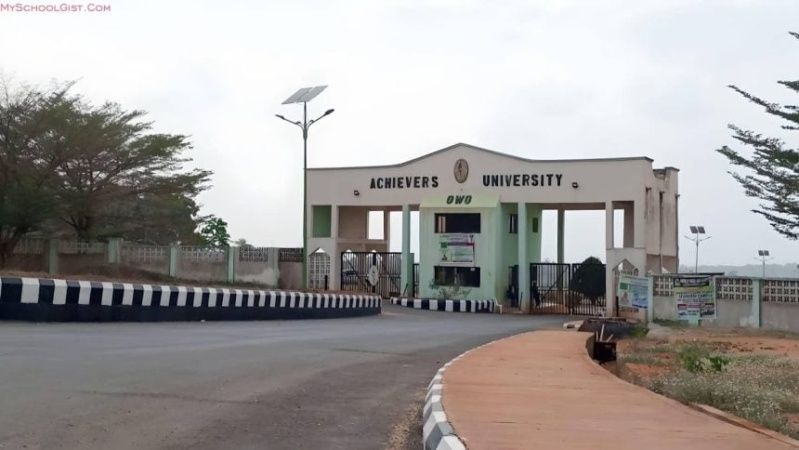

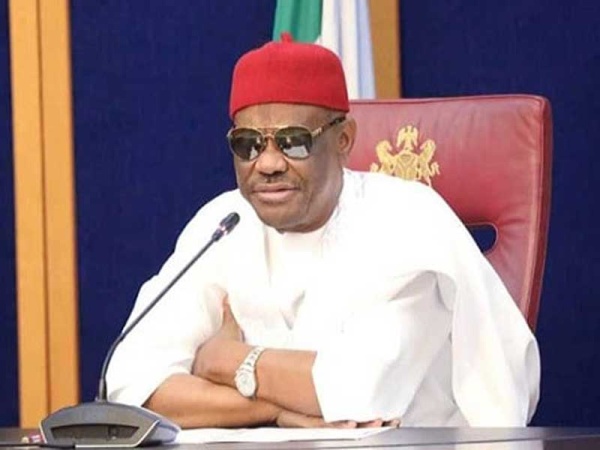

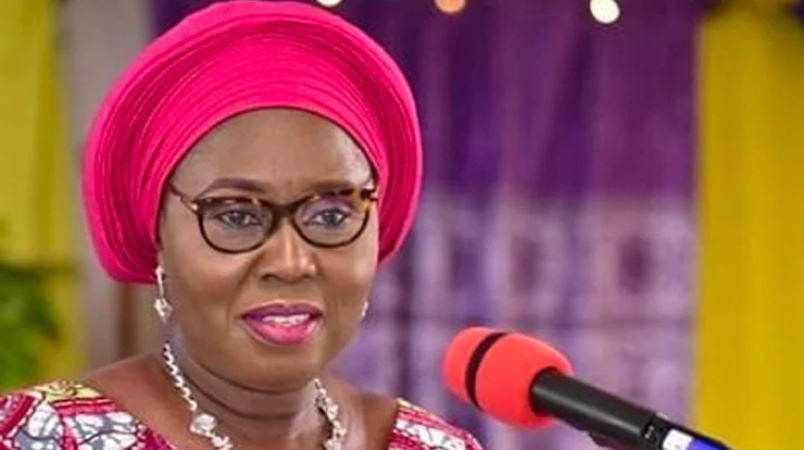

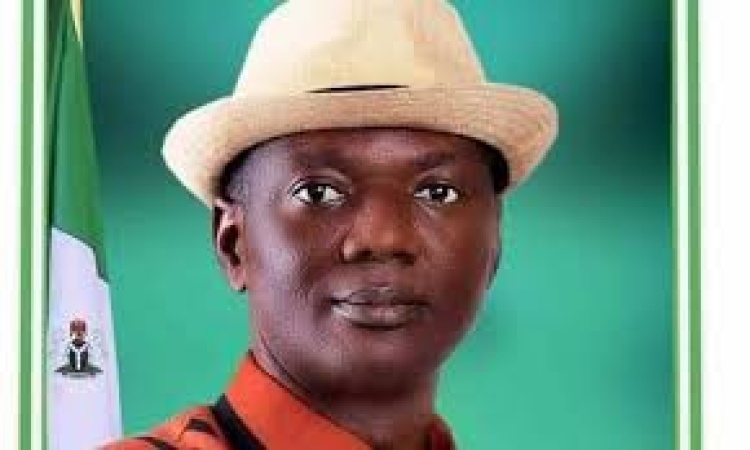

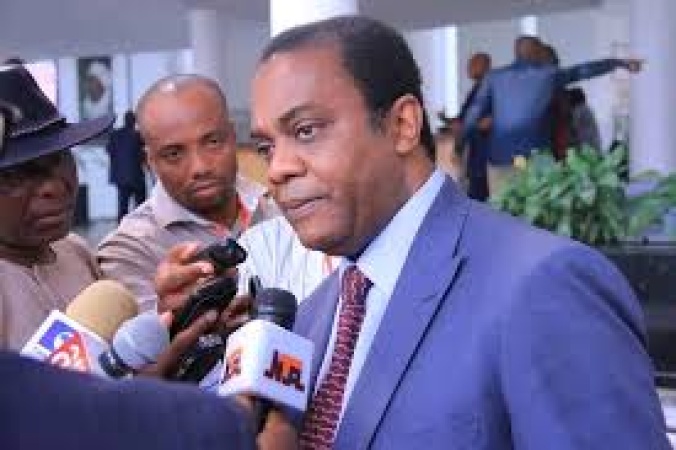

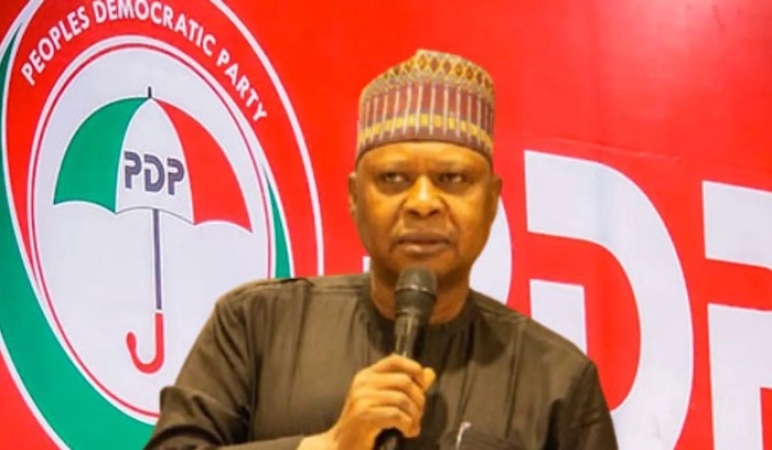
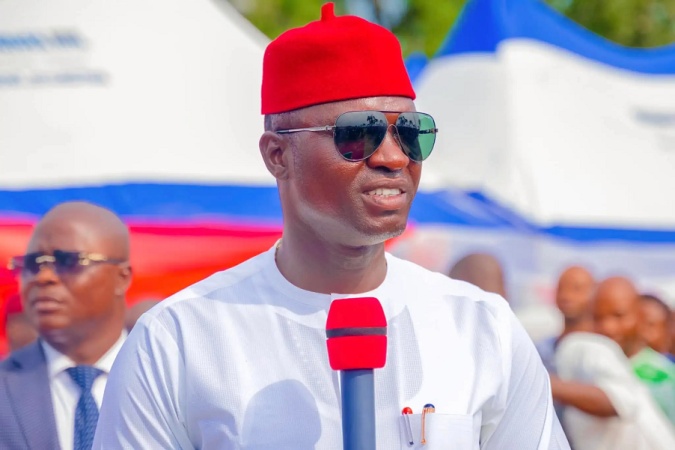
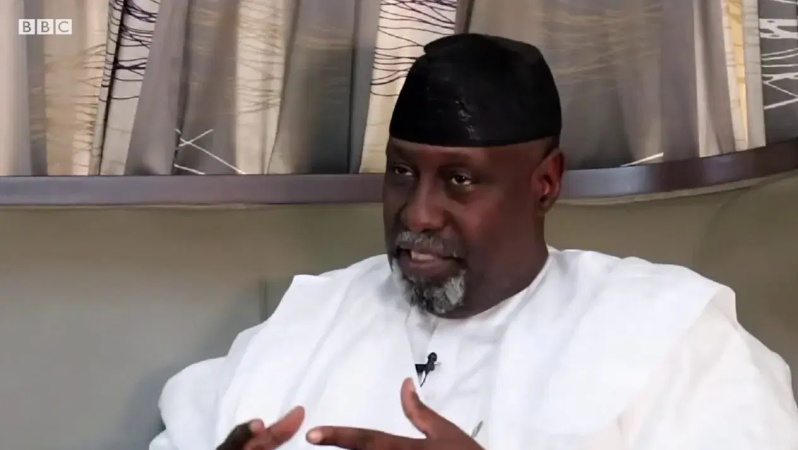
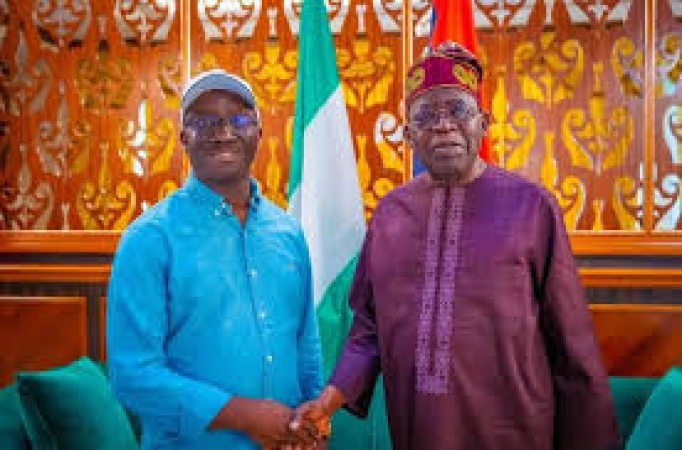

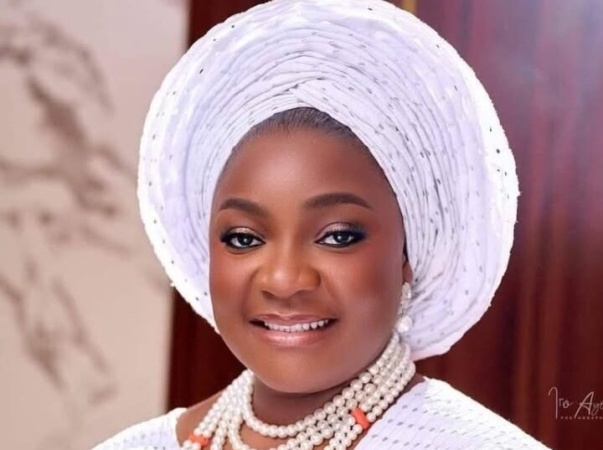

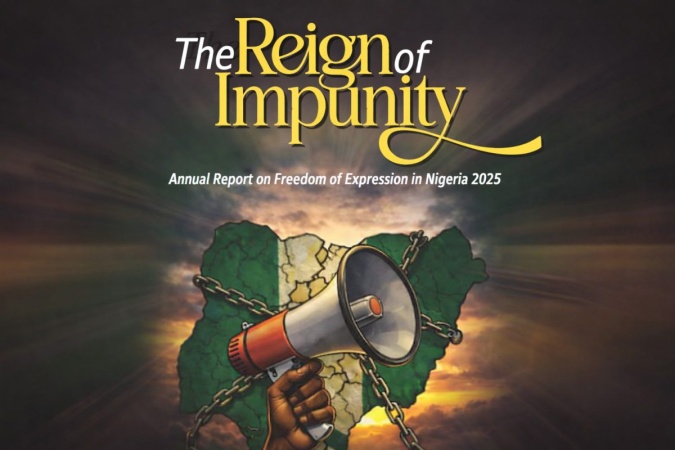
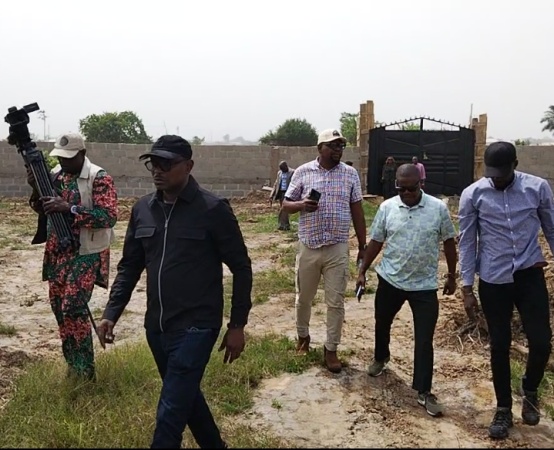
Loading banners


NEWS EXPRESS is Nigeria’s leading online newspaper. Published by Africa’s international award-winning journalist, Mr. Isaac Umunna, NEWS EXPRESS is Nigeria’s first truly professional online daily newspaper. It is published from Lagos, Nigeria’s economic and media hub, and has a provision for occasional special print editions. Thanks to our vast network of sources and dedicated team of professional journalists and contributors spread across Nigeria and overseas, NEWS EXPRESS has become synonymous with newsbreaks and exclusive stories from around the world.

Graphical depiction of the 4G and 5G networks
Fouth Generation (4G) technology remains dominant in Nigeria, commanding over 50 per cent penetration and has connected more Nigerians to the telecom network.
Latest statistics from the Nigerian Communications Commission (NCC), the May 2025 edition, showed that 4G networks accounted for approximately 50.29 per cent of all mobile connections, solidifying their position as the leading mobile generation.
The dominance is a testament to widespread adoption and consistent expansion efforts by telecom operators nationwide.
The growth is particularly notable when contrasted with the steady decline of 3G and 2G, which, while still widely used, have seen their use drop significantly.
This sustained 4G dominance is primarily driven by increasing demand for faster and more reliable connectivity, fueled by a surge in smartphone adoption and the rising consumption of data-intensive content, especially video.
Telcos have invested considerably in expanding 4G coverage, making it accessible to a larger segment of the population, even as they face challenges like exchange rate depreciation and high operating costs.
However, the journey towards pervasive high-speed Internet is not without its hurdles. Despite 4G?s prevalence, Opensignal?s recent index highlighted Nigeria?s relatively low ranking in 4G/5G availability (100th) and particularly in 4G download speed (120th). This suggests that while coverage is expanding, the quality of experience is still low, especially in rural areas where high-speed internet remains limited.
Meanwhile, the rollout of 5G has seen rather slow traction. As of May 2025, 5G adoption rose marginally to 2.93 per cent of the market from 2.81 per cent in April, almost three years after its commercial launch. The three licences, MTN, Mafab Communications and Airtel, paid over $820 million for the licences.
This modest but growing share indicates a future shift, but industry experts, including the GSMA, predict that 4G will remain the dominant technology in Sub-Saharan Africa, including Nigeria, reaching approximately 50 per cent adoption by 2030.
The slow progress of 5G deployment in Nigeria is attributable to several factors. Significant investment is required for infrastructure development, including new cell towers and fibre optic cables.
Affordability of 5G-enabled devices and data plans also remains a challenge for a large segment of the population.
Further, efficient spectrum allocation and the higher operational and maintenance costs associated with 5G infrastructure pose additional hurdles for mobile network operators.
Despite the challenges, the impact of 4G on Nigeria?s digital economy has been transformative. It has spurred commercial activity in sectors like e-commerce, supported the growth of ride-hailing and delivery services and enabled digital financial inclusion through mobile banking applications. The mobile telecom sector continues to be a significant contributor to Nigeria?s GDP, providing the foundational infrastructure for digital transformation across various industries. (The Guardian)